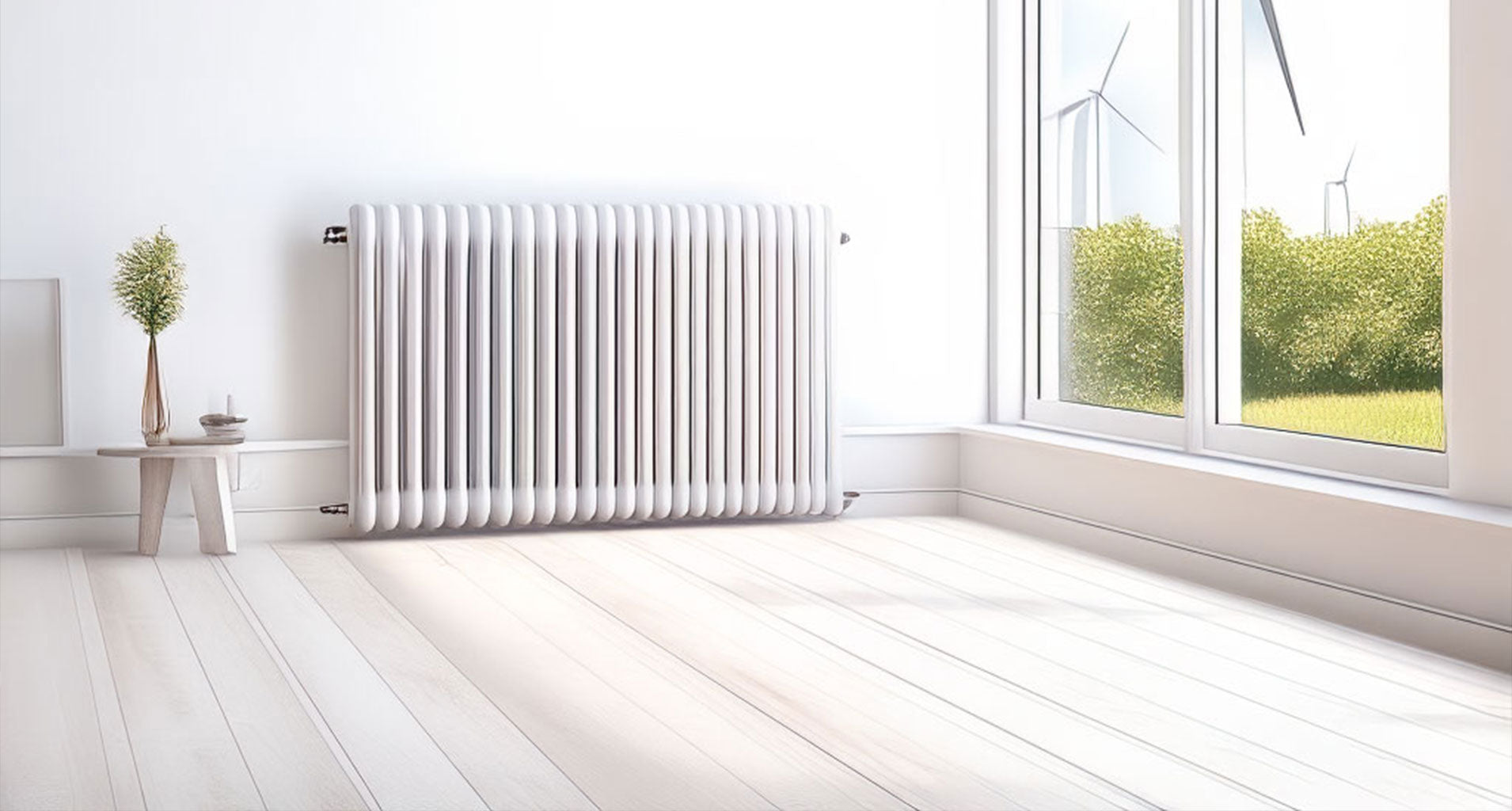Article: The Impact of Green Legislation on the Radiator Business in the UK

The Impact of Green Legislation on the Radiator Business in the UK
In recent years, the radiator business in the UK has experienced significant transformations due to the implementation of green legislation aimed at reducing carbon emissions and promoting energy efficiency. These regulatory changes have compelled radiator manufacturers and suppliers to innovate and adapt to meet stringent environmental standards while catering to the growing demand for sustainable heating solutions.
Introduction to Green Legislation in the UK
The UK government has been at the forefront of promoting sustainability in the heating sector through various legislative measures. Key policies include the Renewable Heat Incentive (RHI), which incentivizes the adoption of renewable heating technologies, and the Energy Performance Certificate (EPC) rating system, which assesses the energy efficiency of buildings. Additionally, the UK has committed to achieving net-zero greenhouse gas emissions by 2050 under the Climate Change Act 2008 (2050 Target Amendment) Order 2019, further driving the transition towards greener heating solutions.
Impact on Radiator Design and Technology
Green legislation has spurred innovation in radiator design and technology, encouraging the development of more energy-efficient and eco-friendly heating solutions. Manufacturers have focused on enhancing the thermal efficiency of radiators by incorporating advanced materials and technologies such as low-water content designs, thermostatic radiator valves (TRVs), and smart heating controls. These innovations not only reduce energy consumption but also contribute to lower heating costs for consumers.
Shift Towards Eco-Friendly Materials and Manufacturing Processes
In response to regulatory pressures, the radiator industry has increasingly shifted towards eco-friendly materials and manufacturing processes. This includes the use of recycled materials in radiator production, such as recycled aluminum and steel, which helps reduce the carbon footprint associated with manufacturing. Moreover, manufacturers are adopting sustainable practices throughout the supply chain, from sourcing raw materials to packaging and distribution, to align with environmental standards and consumer expectations.
Consumer Awareness and Demand for Sustainable Radiators
Green legislation has also heightened consumer awareness regarding the environmental impact of heating systems, leading to a growing demand for sustainable radiators. Consumers are now more inclined to choose radiators that have high energy efficiency ratings and are compatible with renewable heating technologies like heat pumps and solar thermal systems. This shift in consumer preference has prompted radiator suppliers to expand their product offerings to include eco-friendly options that meet both regulatory requirements and market demand.
Challenges and Opportunities for the Radiator Business
While green legislation presents challenges such as compliance costs and regulatory complexity, it also creates opportunities for growth and innovation within the radiator business. Companies that proactively invest in research and development of sustainable heating technologies and maintain compliance with environmental standards are well-positioned to capitalize on the expanding market for green heating solutions. Moreover, partnerships with renewable energy providers and government incentives for energy-efficient products can further stimulate market demand and support business sustainability efforts.
What's Next?
Green legislation in the UK has profoundly influenced the radiator business by promoting energy efficiency, reducing carbon emissions, and fostering innovation in sustainable heating technologies. The industry's response to regulatory changes has resulted in the development of eco-friendly radiator designs, adoption of green manufacturing practices, and heightened consumer awareness of energy-efficient heating solutions. Moving forward, continued collaboration between policymakers, industry stakeholders, and consumers will be essential to achieving the UK's sustainability goals while ensuring a resilient and thriving radiator market.
As the radiator business continues to evolve in response to green legislation, it remains crucial for companies to prioritize sustainability, innovation, and compliance to navigate the evolving regulatory landscape and meet the growing demand for eco-friendly heating solutions in the UK market.

